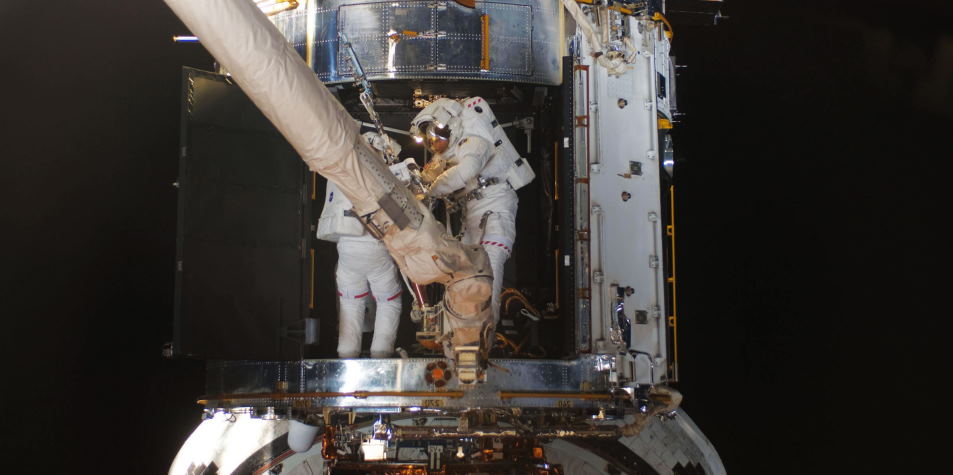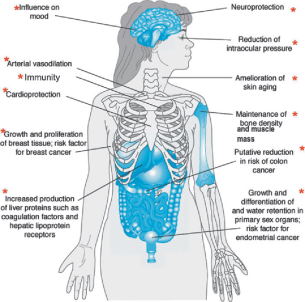
Recent research looked at physiological and behavioral variations in how men and women adapt to space flight using years of biological data from male and female astronauts on the International Space station. According to the study, there were no sex or gender variations in spaceflight behavioral or psychological reactions. No sex or gender differences in neurobehavioral performance or sleep measurement.
We know that sex and gender variables impact important components of the human body on Earth. Taking gravity out of the equation adds a new dimension to how sex and gender variations affect our health.
That’s why NASA performed workgroups with the National Space Biomedical Research Institute to take tailored medicine for astronauts. They may spend years living and working independently away from Earth. These people discovered the sex and gender disparities in this study.

The following summarizes the other significant conclusions of the sex and gender workgroups.
Orthostatic Female astronauts are more likely than their male colleagues to have an intolerance or the inability to stand for long periods without fainting. Reduced leg vascular compliance, revealed in bed-rest studies. A ground analog for spaceflight might be one cause for the observed space affects men and women differently in orthostatic intolerance between the sexes.
During space flight, women lose more blood plasma volume than males, and women’s stress responses are more likely to increase heart rate. Space affects men and women differently in contrast, men’s stress responses are more likely to increase vascular resistance. Even yet, further space research is needed on these Earth observations.
Spaceflight has been linked to changes in the function and concentration of critical immune system elements. No variations in immunological responses between men and women have been found in space.
Women reactions
 Women have a stronger immunological reaction than meals on the ground, making them more resistant to viral and bacterial diseases. Once infected, women have an even stronger immune response. Women are more prone to autoimmune illnesses as a result of this reaction. It’s unclear if similar effects of gender on adaptations to space will occur during lengthier space trips or planetary exploration missions.
Women have a stronger immunological reaction than meals on the ground, making them more resistant to viral and bacterial diseases. Once infected, women have an even stronger immune response. Women are more prone to autoimmune illnesses as a result of this reaction. It’s unclear if similar effects of gender on adaptations to space will occur during lengthier space trips or planetary exploration missions.
Radiation significantly impacts space travel on the female body for space flight. Female individuals are more vulnerable to radiation-induced cancer than their male counterparts. Hence radiation permitted exposure levels for female astronauts are lower than for male astronauts.
When assessed at multiple frequencies, hearing sensitivity in male astronauts drops far more rapidly with aging than it does in female astronauts. There is no evidence that the sex-based hearing disparities in astronauts are caused by microgravity exposure. The human musculoskeletal response to gravity unloading varies greatly between individuals, and gender-based differences are found.


